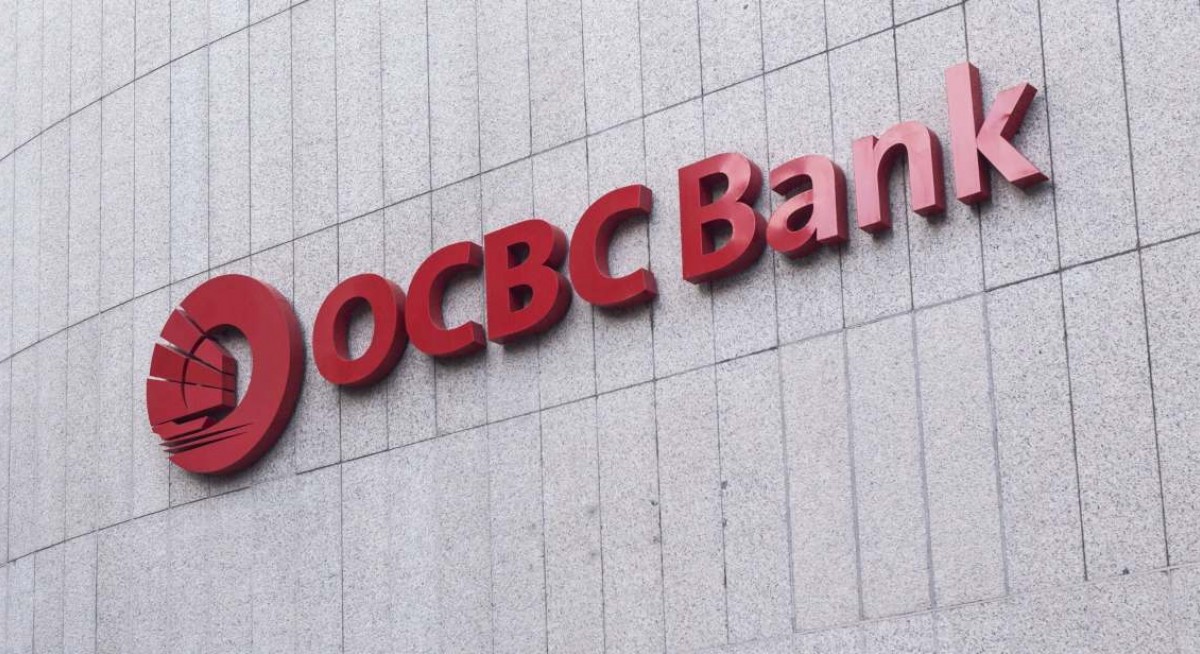Investment financing is commonly used by high-net-worth individuals in growing wealth and enhancing investment returns. Bank of Singapore registered a compounded annual growth rate of close to 10% in the loans for investment financing over the period of 2016 – 2020.
By offering a higher financing quantum for highly-rated sustainable mutual funds, the Bank aims to encourage high net worth individuals to invest sustainably by integrating ESG factors into their portfolios.
When the sustainable mutual fund is assessed to be an acceptable collateral and is rated AAA or AA (based on MSCI ESG Fund Ratings), the advance ratio – the maximum percentage amount of the market value of the collateral that could be extended as a loan - will be increased by 5 percentage points. The final loan quantum is lesser than the collateral value, in line with the industry practice.
See also: After submit latest article showing in hover menu latest and section too
See also: OCBC Bank closes sustainability-linked interest rate swap with Far East Hospitality Trust
Bank of Singapore currently offers more than 130 acceptable mutual funds with a MSCI rating of AAA or AA.
See also: UOB struggles with Hong Kong, China property loans as prices sink 123
This initiative is the latest effort by Bank of Singapore to further the sustainability agenda amongst its clients. In 2020, it had adopted MSCI ESG Ratings to provide clients with greater transparency on the ESG characteristics of their portfolios so they can be better-informed in making investment decisions.
Bank of Singapore defines sustainable investments as those with MSCI ESG Rating BB and above. As of 31 May 2021, more than 50% of the Bank’s assets under management were rated BB and above.
“We believe that as a private bank, our core business activities of wealth management can be a lever for positive environmental and socio-economic impact. While financial returns will always be important, there is a growing momentum among clients to do good by doing well. By adding an ESG lens to our lending framework,we hope to create a direct and positive impact in the investment of highly rated ESG assets, starting with mutual funds,” says Alexandre Lotfi, global chief risk officer at Bank of Singapore.
Photo: Bloomberg



